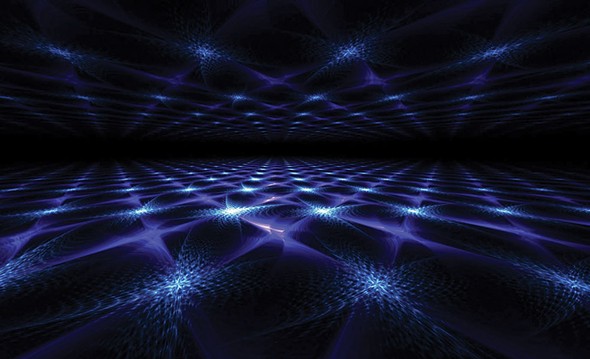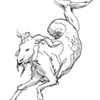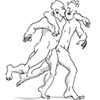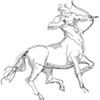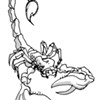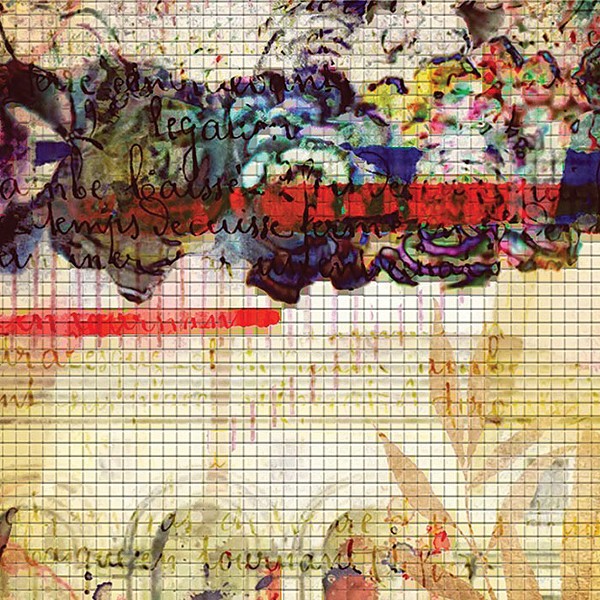For the first time people could hear an event as it was happening—something extremely destabilizing to both individual and collective identity. This may seem like so little today, when radio has been reduced to commercials, the worst music, and Rush Limbaugh. When it first came out, however, it was a stunning revelation—that voice and music could be transmitted over long distances without physical presence or even with wires.
Two other vital things happened related to media technology. The first television image was broadcast (a Felix the Cat doll rotating on a turntable) in 1928, right during the Uranus-Eris conjunction. It might have taken some imagination to see what that scratchy image would become in the next few decades: how much would change, and what madness would ensue.
And in 1925, the first patent for a transistor was filed. The transistor led the way to every subsequent electronic development, but mostly to the computer and then, in turn, to the Internet.
By the end of the 1920s, and the Uranus-Eris conjunction in Aries, the electronic revolution was not only well begun but also inevitable. By 1930, the BBC was in business, broadcasting five days a week.
New Media Change Everything
It's difficult to describe in a few paragraphs what this did to society and to people, but it's fair to say that it changed absolutely everything; most significantly, how we think about who we are. This had nothing to do with the content of the devices; it had everything to do with how they structured society.
People's concept of space and time was totally collapsed by instant communication. We moved rapidly from a society based on literacy to one based on the much older oral tradition of storytelling. A tribal quality took over, as personal identity gave way to the kinds of group identity fostered by electric media. This took a huge toll on literacy, which in turn has taken a toll on processes like reasoning.
There is also something about collective memory here. Broadcast media is ephemeral. It tends to disappear. Until recently, you could not capture it for verification or rewatching.
It tends to depend on emotional triggers rather than facts or research. The TV image is so powerful that what we see is presumed to be true because it looks that way. Basically, electronic media is all about pressing your buttons, so to speak.
Yet it also nearly reversed 2,000 years of gradual progress made by literacy; progress that included individuality, inner awareness, and key reference points to the past. For example, Harry Truman claimed that God told him to detonate the atomic bomb over Hiroshima. It sounded good at the time, but because he said it on the radio, how and where exactly do you verify that? To this day, most people think it was a good idea to vaporize 150,000 people, and then to do it again a few days later to another city. Radio, which does not foster critical thinking, is an amazing tool for propaganda, and for triggering group think.
Personal identity was being run through the blender. We entered the "no time to think" phase of history. Instant communication led the way to mass reaction rather than to individual response. This changed expectations on every level, such as notions of community and relationships and self.
By 1938, it was possible for Orson Welles to do a radio drama that in 45 minutes convinced millions of people that Martians were invading the planet. Like many charts in this genre, Eris shows up big time—in an exact, to the degree, opposition to Mars. Fantasy and reality were totally merged.
A German philosopher named Martin Heidegger (1889-1976) noted early on that these media have the effect of disembodying people. That is, they take us out of our bodies and thrust us onto some other level of awareness. He viewed this as a good thing, since being disembodied was one step closer to the angels and therefore a kind of path to finding God.
Really, what we got was what Eric McLuhan said in the quote above, worth printing in large format and hanging on the wall: "The body is everywhere assaulted by all of our new media, a state which has resulted in deep disorientation of intellect and destabilization of culture throughout the world. In the age of disembodied communication, the meaning and significance and experience of the body is utterly transformed and distorted."







